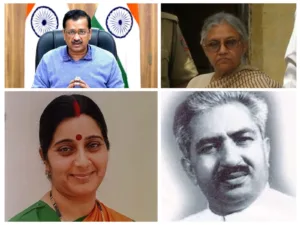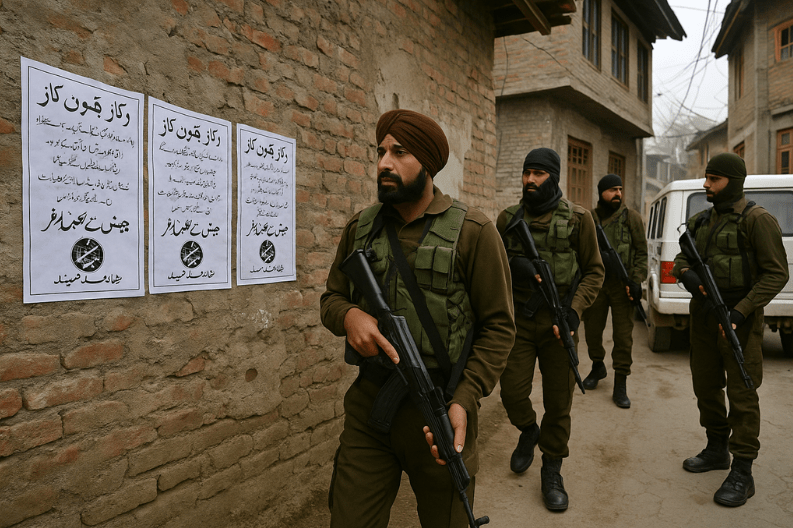In the dynamic political landscape of India, Delhi, the capital city, has witnessed the leadership of several Chief Ministers who have played pivotal roles in shaping the city’s growth and development.
Since gaining independence in 1947, Delhi has seen a diverse range of leaders at the helm, each leaving their unique imprint on the city’s governance. This article delves into the journey of the Chief Ministers of Delhi after Indian independence, highlighting their contributions and impact.
Early Years (1947-1993)
1. Chaudhary Brahm Prakash Yadav (1952-1955)
Chaudhary Brahm Prakash Yadav holds the distinction of being the first Chief Minister of Delhi, serving from 1952 to 1955. His tenure was marked by a strong commitment to the development and progress of the newly formed Union Territory of Delhi.
Born on June 16, 1918, in a modest family, Brahm Prakash Yadav rose through the ranks of Indian politics with determination and vision. He was a dedicated freedom fighter during India’s struggle for independence and played an active role in the social and political fabric of the nation.
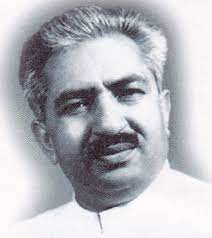
As the Chief Minister, Yadav prioritized the expansion of Delhi’s infrastructure, focusing on the development of minorities and backward classes. His leadership laid the foundation for Delhi’s growth as the national capital, setting the stage for future leaders to continue building on his initiatives.
Chaudhary Brahm Prakash Yadav’s tenure as the inaugural Chief Minister of Delhi showcased his unwavering commitment to the welfare of its residents and the city’s progress. His legacy lives on as a testament to his pioneering efforts in shaping the destiny of the national capital.
2. Gurmukh Nihal Singh (1955-1956)
Gurmukh Nihal Singh, the second Chief Minister of Delhi, held office from 1955 to 1956. His tenure in this crucial position marked a significant chapter in the early political history of Delhi.
Nihal Singh’s leadership was characterized by his dedication to improving the infrastructure and overall development of the city. During his brief but impactful term, he worked tirelessly to address the growing needs of the rapidly expanding capital.
Gurmukh Nihal Singh’s commitment to public service and his vision for a modern and well-connected Delhi left a lasting legacy. His initiatives laid the groundwork for subsequent Chief Ministers to build upon, shaping the city into the thriving metropolis it is today.
While his time as Chief Minister may have been relatively short, Gurmukh Nihal Singh’s contributions to Delhi’s development remain an integral part of the city’s history and growth. After his tenure till 1956, the office was abolished and Delhi was turned into a Union Territory.
3. Madan Lal Khurana (1993-1996)
Madan Lal Khurana, a prominent political figure, served as the Chief Minister of Delhi. During his tenure from 1993 to 1996, he made significant contributions to the city’s development. Khurana, a member of the Bharatiya Janata Party (BJP), prioritized urban development and improving public services.
Under Khurana’s leadership, Delhi witnessed the expansion of its road network and infrastructure. He played a vital role in enhancing the city’s educational institutions, making quality education more accessible to the residents.
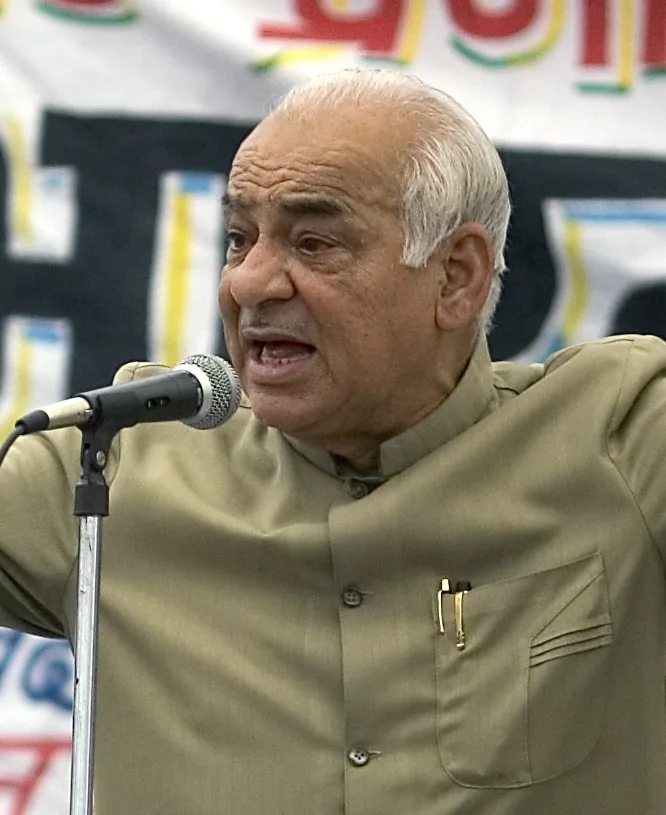
However, his tenure was not without controversy. There were allegations of corruption during his time as Chief Minister. These allegations created a cloud of suspicion and tarnished his reputation.
Despite the allegations, Khurana’s political career continued beyond his role as Delhi’s Chief Minister. He served as a Member of Parliament and held various other positions within the BJP.
Madan Lal Khurana’s legacy in Delhi politics is mixed, with achievements in urban development and education on one hand and allegations of corruption on the other. His contributions and controversies continue to be remembered as part of Delhi’s political history.
Era of Transformations (1996-2023)
4. Sahib Singh Verma (1996-1998)
Sahib Singh Verma, a notable political figure in Delhi, served as the Chief Minister of the state from 1996 to 1998. Born on June 15, 1943, in Delhi, he began his political career with the Bharatiya Janata Party (BJP) and made significant contributions to the city’s governance.
During his tenure as Chief Minister, Sahib Singh Verma focused on various aspects of Delhi’s development. He put a strong emphasis on improving the city’s transport system, aiming to alleviate traffic congestion and enhance mobility for its residents.
Additionally, Verma worked on initiatives related to rural development, aiming to uplift the living standards of those in the rural areas of Delhi. He aimed to bridge the urban-rural divide and ensure that the benefits of development reached all sections of society.
Sahib Singh Verma’s tenure was marked by his dedication to addressing the challenges faced by Delhi and its residents. His contributions to the city’s infrastructure and rural development have left a lasting impact.
5. Sushma Swaraj (1998)
Sushma Swaraj was a prominent Indian politician known for her contributions to Indian politics. She was born on February 14, 1952, and had a remarkable career in both state and national politics.
While she is more widely recognized for her roles at the national level, such as being a Member of Parliament and holding ministerial positions in the central government, she also had a brief stint as the Chief Minister of Delhi.
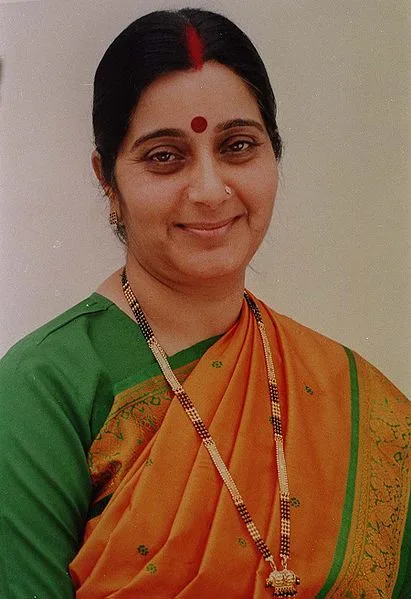
Sushma Swaraj served as the Chief Minister of Delhi from October 13, 1998, to December 3, 1998. Her tenure as Chief Minister was relatively short but impactful. During her time in office, she worked on various developmental projects and initiatives aimed at improving the lives of the people of Delhi.
Sushma Swaraj’s leadership in Delhi’s state politics was a stepping stone to her illustrious career in Indian politics. Her dedication and contributions to public service have left a lasting legacy in the hearts of many Indians.
6. Sheila Dikshit (1998-2013)
Sheila Dikshit, a prominent Indian politician, left an indelible mark on the city of Delhi during her tenure as Chief Minister. Born on March 31, 1938, in Kapurthala, Punjab, she was a respected leader in the Indian National Congress party. Sheila Dikshit served as Delhi’s Chief Minister for an impressive three consecutive terms from 1998 to 2013.
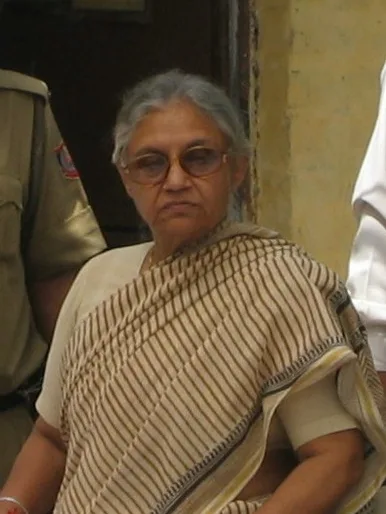
During her leadership, Delhi underwent significant transformations. One of her most notable achievements was the improvement of the city’s infrastructure. Her government focused on expanding roads, developing public transportation, and enhancing the overall quality of life for Delhi’s residents.
Sheila Dikshit also made substantial contributions to the education sector. The introduction of innovative programs and initiatives aimed at improving the quality of education in Delhi schools garnered praise. She believed in accessible and quality education for all, which led to the implementation of reforms in the education system.
Another key accomplishment was the improvement of healthcare services in Delhi. Her government’s efforts led to the establishment of new hospitals and clinics, ensuring better healthcare access for the people.
Sheila Dikshit’s tenure as Chief Minister was marked by her dedication to the welfare of Delhi’s citizens. Her leadership played a pivotal role in shaping the modern landscape of the city, earning her the admiration and respect of many. Her legacy as one of Delhi’s most influential Chief Ministers continues to endure.
7. Arvind Kejriwal (2013-Present)
Arvind Kejriwal, serving as Delhi’s Chief Minister, has made a remarkable impact on the city’s politics. Born on August 16, 1968, in Siwani, Haryana, he began his career as a civil servant and later embraced social activism. In 2012, he founded the Aam Aadmi Party (AAP) with a mission to combat corruption and improve governance.
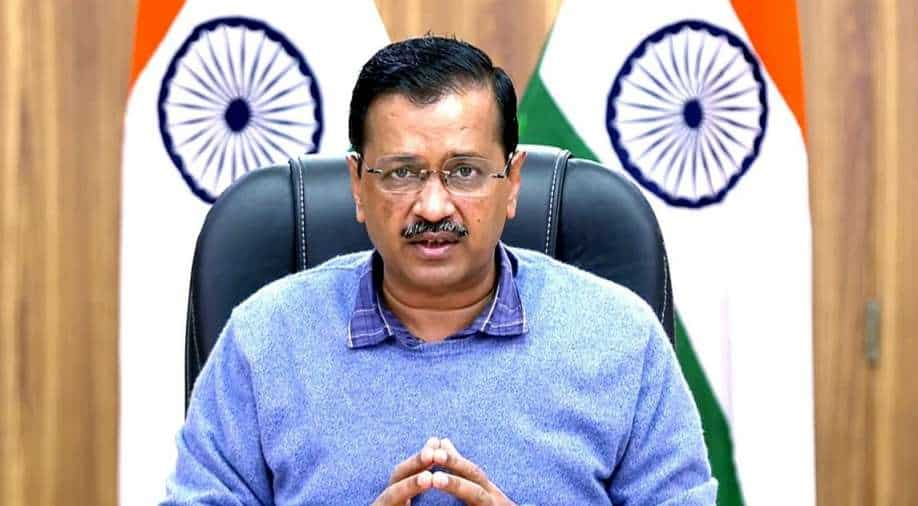
Kejriwal first assumed office as Delhi’s Chief Minister in 2013 but had a short tenure due to political complexities. However, he returned to power in 2015, marking a turning point in Delhi’s politics.
During his tenure, Kejriwal’s government introduced several transformative initiatives. The Mohalla Clinics, for instance, brought affordable healthcare closer to people’s homes. The Happiness Curriculum in schools is aimed at holistic education, focusing on well-being.
One of his most notable achievements was the provision of subsidized electricity and water to residents. This move eased the financial burden on many Delhiites.
Kejriwal’s leadership style is known for its grassroots connection and dedication to solving common issues. His tenure continues to be marked by a commitment to the welfare of Delhi’s citizens and a unique approach to governance, making him a prominent figure in Indian politics.
List of CM of Delhi After Independence
| Delhi’s Chief Minister | Party Name | Time Served |
| Brahm Prakash | Indian National Congress | 17 March 1952 to 12 February 1955 |
| Gurmukh Nihal Singh | Indian National Congress | 12 February 1955 to 01 November 1956 |
| Office Abolished | 01 November 1956 to 01 December 1993 | |
| Madan Lal Khurana | Bharatiya Janata Party | 02 December 1993 to 26 February 1996 |
| Sahib Singh Verma | Bharatiya Janata Party | 26 February 1996 to 12 October 1998 |
| Sushma Swaraj | Bharatiya Janta Party | 12 October 1998 to 03 October 1998 |
| Sheila Dixit | Indian National Congress | 02 December 2003 to 28 December 2013 |
| Arvind Kejriwal | Aam Aadmi Party | 28 December 2013 to 14 February 2014 |
| President’s Rule | 14 February 2015 to 14 February 2015 | |
| Arvind Kejriwal | Aam Aadmi Party | 14 February 2015 to Present |
Unique Challenges and Achievements
The Chief Ministers (CMs) of Delhi have navigated unique challenges and achieved significant milestones throughout the city’s history.
In its early days after independence, Delhi was under the leadership of Jawaharlal Nehru, the first PM of India, who laid the groundwork for the city’s development as the nation’s capital. Chaudhary Brahm Prakash, the first CM of Delhi, focused on infrastructure expansion. However, Delhi faced periods of President’s Rule during the mid-20th century, posing governance challenges.
The 1990s saw Madan Lal Khurana and Sahib Singh Verma steering the city, emphasizing urban development and transport.
A transformative era began with Sheila Dikshit’s leadership from 1998 to 2013, marked by advancements in healthcare, education, and infrastructure. However, political dynamics led to intermittent President’s Rule, causing administrative instability.
Arvind Kejriwal, assuming office in 2015, brought a fresh perspective, prioritizing healthcare, education, and public services while navigating the complexities of a union territory’s governance.
Each CM has contributed uniquely to Delhi’s growth, overcoming political hurdles and addressing the evolving needs of its diverse population. The journey continues with a focus on innovative governance and the challenges of a rapidly urbanizing capital city.
Challenges Faced by Delhi CMs
Delhi’s Chief Ministers (CMs) have confronted a multitude of formidable challenges over the years. One of the most persistent issues is air pollution, which reaches hazardous levels during certain seasons, affecting the health and well-being of the city’s residents.
Traffic congestion and inadequate public transportation have been perennial headaches, leading to increased commute times and environmental concerns. The city’s rapid urbanization has strained its infrastructure, with growing demands for housing, sanitation, and clean water.
Law and order have also posed significant challenges, with the need for effective policing and crime prevention strategies. Moreover, Delhi’s complex political landscape, as a union territory, has often resulted in governance disputes and power struggles with the central government.
The city’s socio-economic disparities and a diverse population add to the complexities, demanding inclusive policies. Despite these formidable obstacles, Delhi’s CMs have continually strived to address these issues, implement innovative solutions, and improve the quality of life for the people they serve.
Final Note
The post-independence era brought significant changes to the political landscape of India, and Delhi, as the capital, played a central role in this transformation. The Chief Ministers of Delhi have been instrumental in steering the city through various challenges and opportunities, making crucial decisions that impact millions of lives.
The journey of Chief Ministers of Delhi since independence reflects the evolving aspirations of the city’s residents. From addressing basic needs, and implementing progressive policies, to creating biodiversity parks and setting up schools, each leader has contributed to Delhi’s growth and development.
Frequently Asked Questions
- Who was the first Chief Minister of Delhi?
Chaudhary Brahm Prakash was the first Chief Minister of Delhi.
- What was Sheila Dikshit’s major contribution?
Sheila Dikshit is renowned for transforming Delhi’s infrastructure and hosting the 2010 Commonwealth Games.
- How has Arvind Kejriwal impacted Delhi?
Arvind Kejriwal’s tenure has seen innovative policies in healthcare, education, and public services.
- What challenges do Delhi CMs face?
Delhi’s Chief Ministers face challenges related to urbanization, pollution, and sustainable development.
- Who is the current Chief Minister of Delhi?
Arvind Kejriwal, from Aam Aadmi Party, is currently serving as the CM of Delhi.

